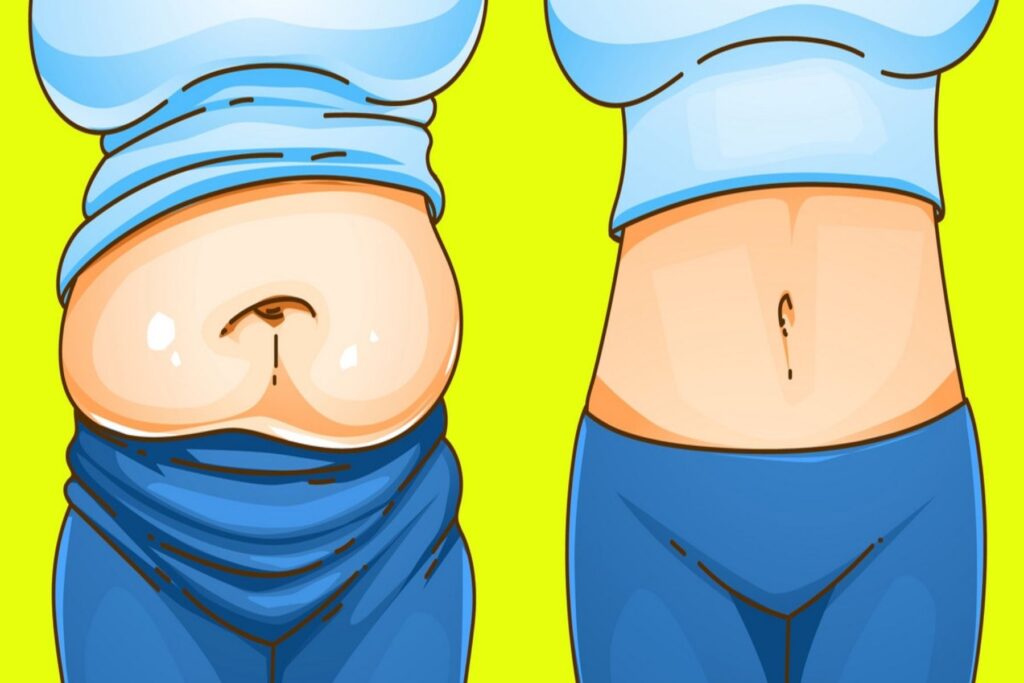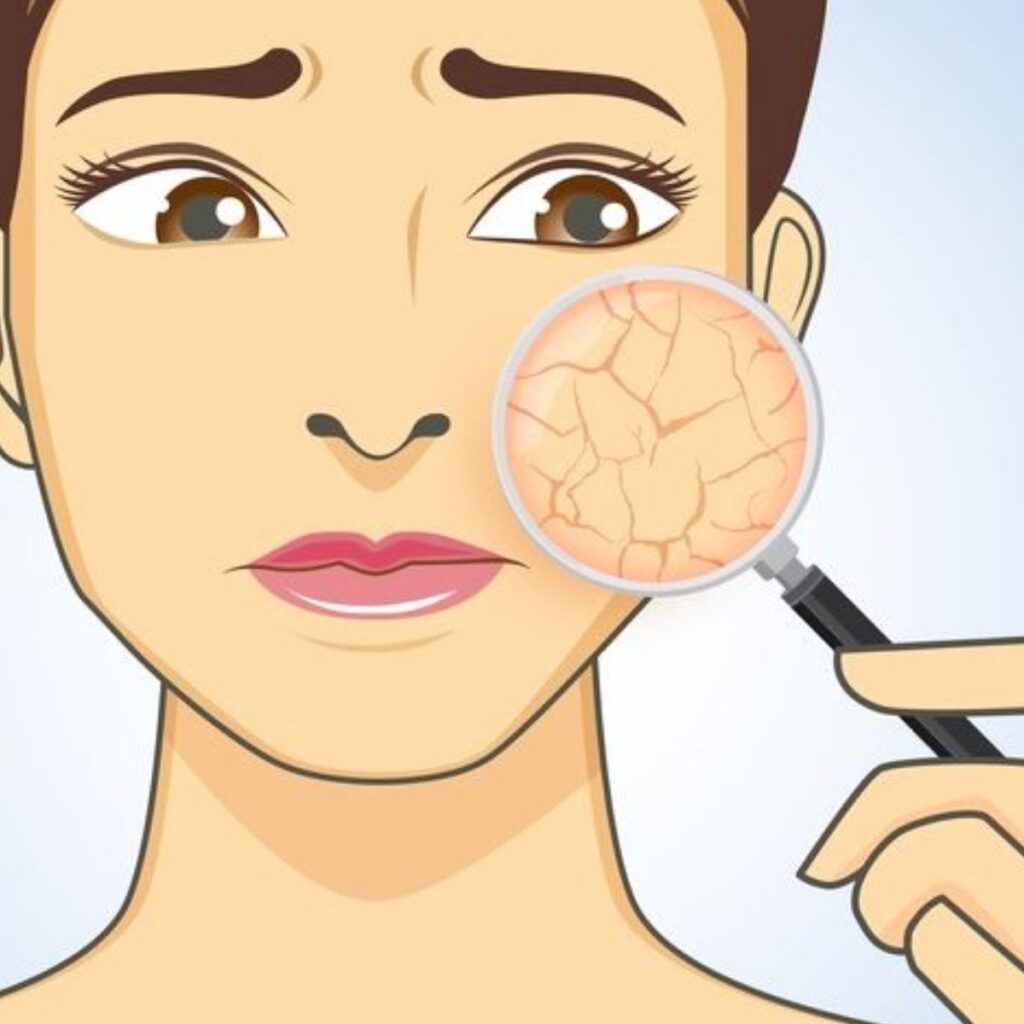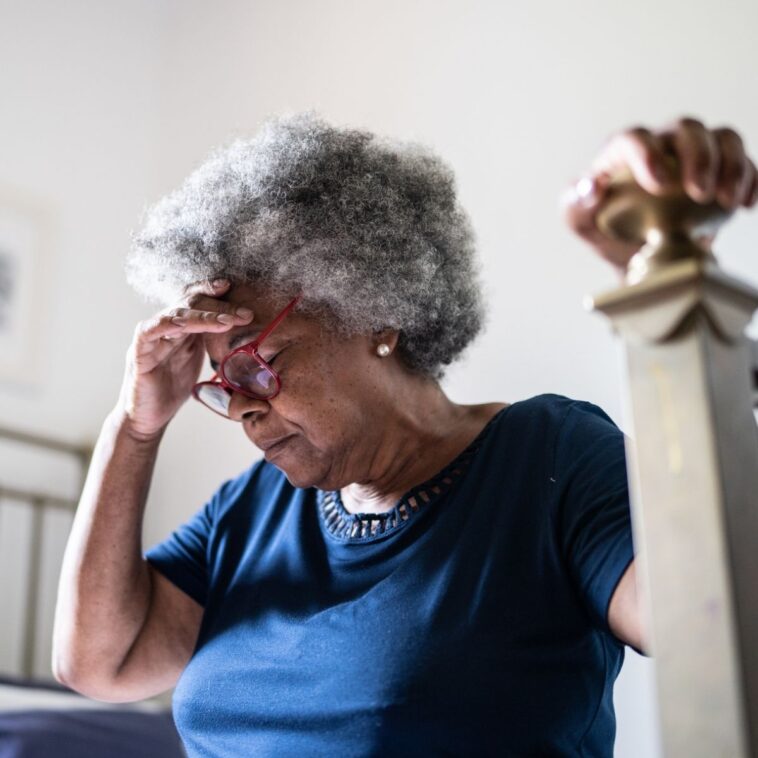Your body is smart. It knows how to tell you when something isn’t right. While not every change means cancer, knowing these warning signs could save your life. Many people beat cancer because they spotted the signs early and got help quickly.
Think of these signs as friendly warnings from your body. You don’t need to worry about every little change, but knowing what to look for helps you take better care of yourself. Let’s look at the most important warning signs you shouldn’t ignore.
1. Unexplained Weight Changes

Have you lost weight without trying? If you’ve dropped more than 10 pounds without dieting or exercising more, pay attention. This happens because cancer cells can change how your body uses food for energy.
Sometimes people gain weight in unusual ways too. If you’re gaining weight even though you haven’t changed your eating habits, especially around your middle, talk to your doctor about it.
2. Feeling Very Tired
We all get tired sometimes. But cancer fatigue is different. It’s the kind of tired that doesn’t go away even after a good night’s sleep. You might feel exhausted after doing simple things like getting dressed or making breakfast.
If you’ve been unusually tired for more than two weeks, and rest doesn’t help, it’s time to see your doctor. This kind of tiredness can be your body’s way of saying something isn’t right.
3. Skin Changes

Your skin can tell you a lot about your health. Watch for new moles or changes in ones you already have. If a spot changes color, gets bigger, or starts bleeding, don’t wait to get it checked.
Pay attention to sores that don’t heal after a few weeks. Even small changes matter, especially if they don’t go away with normal care.
4. Unusual Bleeding
Any bleeding that seems odd needs checking. This includes finding blood in your toilet paper, seeing blood when you cough, or getting bruises for no reason.
Some people bruise more easily as they get older. But if you start getting lots of bruises and you haven’t bumped into anything, let your doctor know.
5. Pain That Won’t Go Away
Pain that stays around for weeks needs attention. Maybe it’s a headache that feels different from your usual ones. Or perhaps your back hurts in a new way that rest doesn’t help.
Cancer pain often feels different from normal aches and pains. If pain medicine isn’t helping, or if the pain wakes you up at night, talk to your doctor.
6. Stomach Problems
Pay attention to changes in your bathroom habits. Are you having trouble going to the bathroom? Do you have diarrhea that won’t go away? These changes matter when they last more than a few weeks.
Watch out for trouble swallowing or feeling full after eating just a little food. If your stomach bothers you in new ways, especially if it keeps happening, get it checked.
7. Coughing and Breathing Changes
A cough that sticks around for more than three weeks needs checking, especially if you cough up blood or thick mucus. This is extra important if you smoke or used to smoke.
Notice if you get out of breath more easily than before. If climbing stairs suddenly makes you winded when it didn’t before, tell your doctor.
8. Mouth and Throat Issues
Watch for sores in your mouth that don’t heal within two weeks. Notice if your voice stays hoarse or if you have trouble swallowing.
If food seems to get stuck in your throat, or if swallowing hurts, don’t ignore it. These changes might start small but can get worse if you wait.
9. Lumps and Bumps
Check for lumps, especially in your neck, armpits, and groin. While some lumps are normal when you’re sick with a cold, they should go away when you feel better.
If you find a lump that stays for more than a few weeks, especially if it’s hard and doesn’t move easily under your skin, get it checked.
10. Bathroom Changes
Notice changes in how often you need to use the bathroom. Are you going more often? Does it hurt when you go? Do you see blood in your urine?
These changes might come and go, but if they keep happening, you need to tell your doctor about them.
11. Fevers That Come and Go
Sometimes cancer can cause fevers that show up and disappear without any clear reason. These aren’t like the fevers you get with a cold. They stick around longer or keep coming back.
Do you wake up at night soaked in sweat? If your pajamas and sheets get so wet you need to change them, and this keeps happening, tell your doctor. Night sweats with fever can be important signs.
12. Breast Changes
Both women and men need to watch for breast changes. Look for new lumps, but also notice if your breasts change size or shape. Watch for skin that looks like orange peel or nipples that turn inward.
Get to know how your breasts normally look and feel. If you notice anything different that stays for more than a week, have your doctor check it out. Finding breast changes early makes them easier to treat.
13. Brain and Nerve Problems
Pay attention if you start getting headaches that feel different from your usual ones. Watch for changes in your eyesight, like seeing double or having blurry vision that doesn’t go away.
Notice if you feel dizzy more often or have trouble keeping your balance. If you start forgetting things more than usual or have trouble speaking clearly, these changes need checking.
14. Changes in Your Nails
Your fingernails and toenails can show signs of health problems. Watch for new dark lines under your nails. Notice if your nails start to curve over your fingertips when they didn’t before.
Pay attention if your fingers or toes feel numb or tingly. If these feelings don’t go away or get worse over time, especially if they make daily tasks harder, talk to your doctor.
15. Mood and Thinking Changes
Sometimes cancer can affect how you think and feel. You might notice you’re more forgetful than usual. Maybe you feel irritable or sad for no clear reason.
While everyone has mood swings sometimes, watch for changes that last more than a few weeks. If you don’t feel like yourself, and rest and relaxation don’t help, let your doctor know.
What To Do If You Notice These Signs
Don’t panic if you notice any of these changes. Many times, they’re caused by something less serious than cancer. But it’s still important to get them checked.
Here’s what to do:
- Write down what changes you’ve noticed
- Note when they started
- Call your doctor and make an appointment
- Tell your doctor about all your symptoms
Remember This
Early warning signs are like alarm bells – they tell you to pay attention. The sooner you notice changes and get them checked, the better chance you have of staying healthy.
Don’t feel embarrassed about seeing your doctor. They want to help you stay healthy. Many people are alive today because they paid attention to their body’s warning signs and got help early.
Taking Care of Yourself
See your doctor regularly, even when you feel fine. Get the health screenings they recommend for someone your age. The best way to beat cancer is to catch it early.
Trust your body when it tells you something isn’t right. You know yourself better than anyone else. If something feels wrong, it’s better to get it checked and find out it’s nothing than to wait until it’s serious.
Remember, you’re not alone. Your doctor is there to help you understand these changes and take good care of your health. Taking action early is the best gift you can give yourself and your loved ones.


